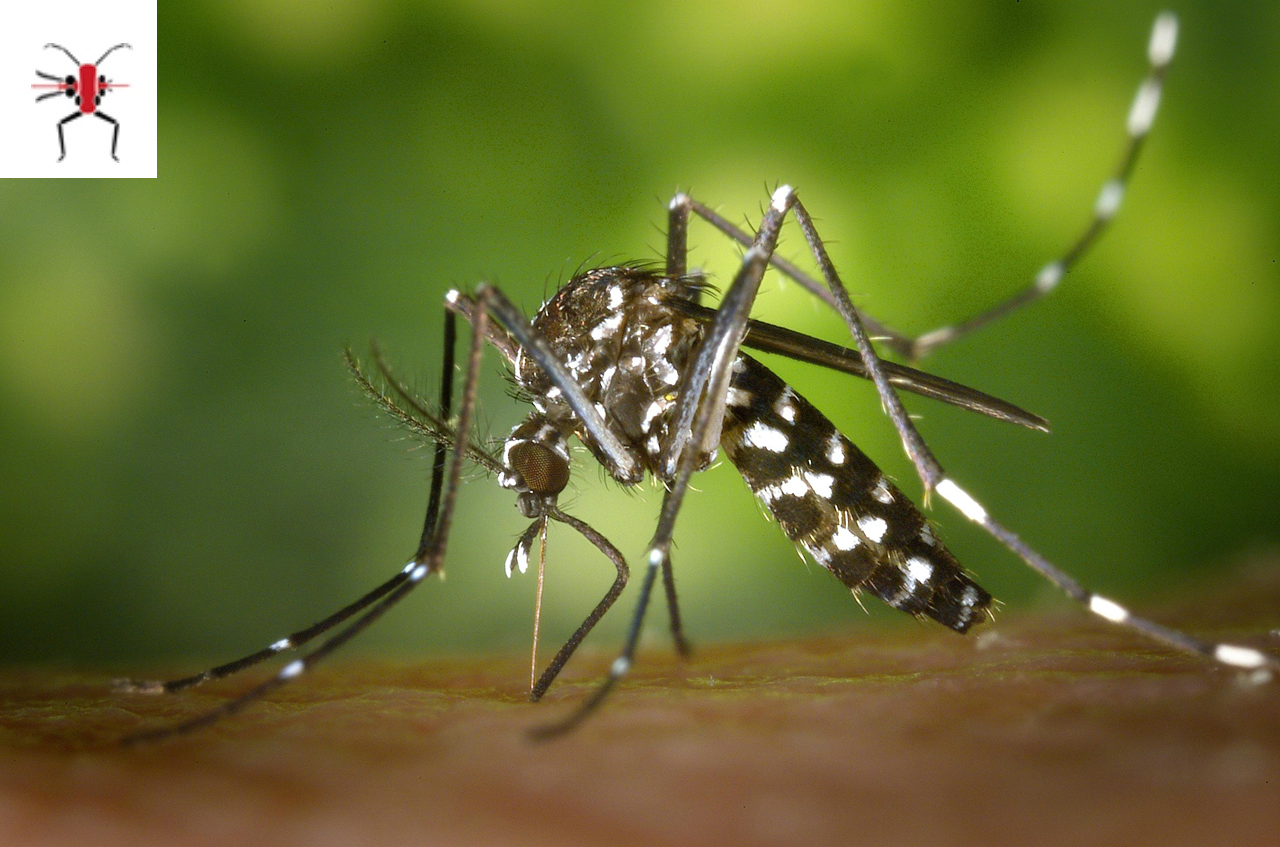Checking out Chikungunya’s Potential Impact on the Gut
Published in Microbiology

At this point, many will have heard about the “gut-brain axis,” a link between the gastrointestinal tract and the central nervous system, but did you also know that there is a “gut-joint axis” as well? “The gut-joint axis refers to the interaction between the gut and joints, which involves the transfer of inflammatory factors, neural connections, and metabolites … from the gut to the joints” (Meng et al.), which might explain why my joints started feeling a little less creaky after I was diagnosed with celiac.
However, you don’t need celiac or a similar disorder to feel the effects of the gut-joint axis. Many other diseases affecting your stomach and intestines can cause issues, including vector-borne ones, and today I’ll be looking at the potential effects of one of these.
Specifically, chikungunya.
The disease is caused by Alphavirus chikungunya, and is typically spread by two species of mosquitoes, Aedes albopictus and Aedes aegypti. From the WHO: “CHIKV was first identified in the United Republic of Tanzania in 1952 and subsequently in other countries in Africa and in Asia,” but more recently it has appeared elsewhere, such as in the Americas.
Symptoms often include fever and joint pain (the latter appearing in 87–98% of cases), though there can also be eye or neurological issues, and, in rare cases, CHIKV can even result in death. There have also been suggestions “that the development and progression of CHIKV infection may be linked to gut immunity and microbiome”. In recent years, a vaccine has come on to the market, though there are a number of side effects.
A new research article recently published in Microbiome entitled “CHIKV infection drives shifts in the gastrointestinal microbiome and metabolites in rhesus monkeys” by Chen et al. takes a look at just this, studying how CHIKV could impact the gastrointestinal tract of rhesus monkeys.
After receiving proper ethics approval, the authors examined six rhesus monkeys, which were divided into a control group and a challenge group. All were tested to ensure they had not previously been infected with CHIKV and were housed separately. Per the paper, that latter group was “challenged with CHIKV at a dose of 2 × 107 PFU through leg muscle injections, and fresh feces were collected daily for seven consecutive days.” After that, Chen et al. anesthetized and dissected the rhesus monkeys in order to study the small and large intestines.
Fig. 1 from Chen et al.
So, what did Chen et al. find?
Their results suggested that “CHIKV infection increases the systemic burden of inflammation in the GI system of infected animals.” Furthermore, they “observed that CHIKV infection, although causing only minor damage to the digestive system, resulted in alterations in microorganisms and metabolites in the GI tract. [Their] comprehensive analysis revealed that the GI tract and microbiota may be involved in immunomodulation after CHIKV infection (influencing the immune response).” This thus shines a light at the gut-joint axis, suggesting that inflammation of the joints may also impact gut microbiota. And, according to Chen et al., it may also suggest that studying microbiota in the gastrointestinal tract could potentially reveal observations about adjuvant treatments from patients with CHIKV infections.
Further studies are needed, but further down the line this could also shed more light on the gut-joint axis and how it works. Who knows, in the future, you could even be prescribed specific probiotics for joint pain (some even already take them to help with pain).
Follow the Topic
-
BugBitten

A blog for the parasitology and vector biology community.





Please sign in or register for FREE
If you are a registered user on Research Communities by Springer Nature, please sign in